- OT
- Professional support
- Optical organisations
- Iconic paintings blurred to highlight life with glaucoma
Iconic paintings blurred to highlight life with glaucoma
Specsavers has teamed up with the National Gallery to demonstrate the visual impact of the condition during World Glaucoma Week

14 March 2024
Life with glaucoma has been highlighted through a collaboration between Specsavers and the National Gallery.
The gallery’s most famous paintings have been blurred, illustrating how they look to those with both mild and advanced glaucoma.
Paintings by Caravaggio, Botticelli, Van Eyck, Thomas Gainsborough and Georges Seurat are featured in the project.
The paintings appear through the ‘lens’ of glaucoma, with blurred spots and missing details.
A video depicts the degenerative progression of the condition, from ‘normal vision’ to ‘advanced glaucoma
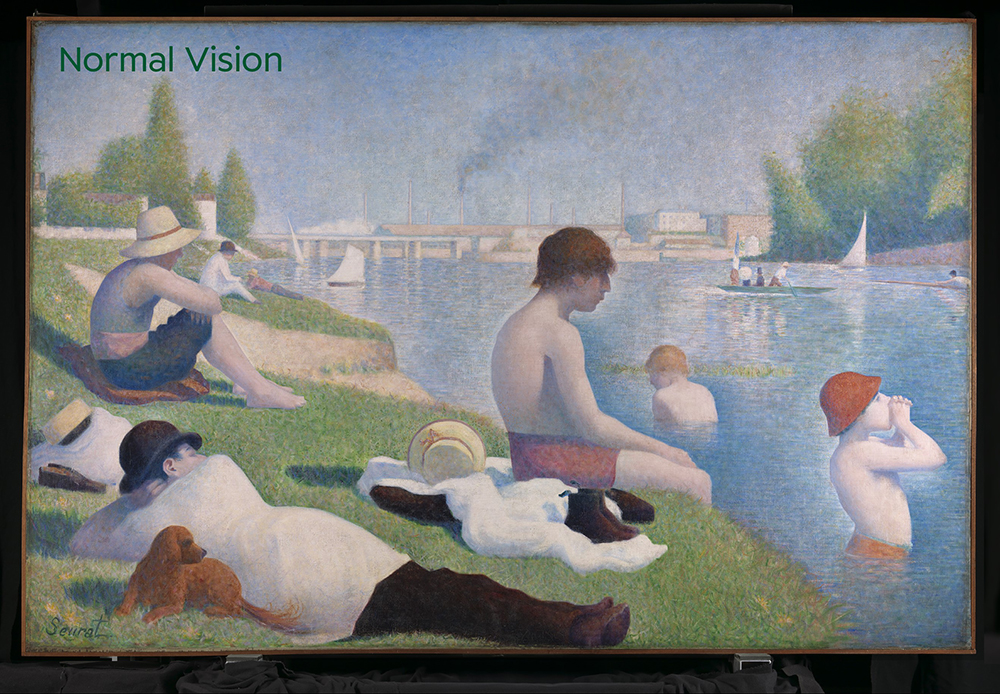
15 images
It is estimated that around 700,000 people in Great Britain are affected by the condition
Because glaucoma is painless and initially affects peripheral vision, it is thought that half do not know they have it.
Giles Edmonds, clinical services director at Specsavers, said: “Over two million adults in the UK are at risk of losing their vision due to glaucoma – the leading cause of irreversible blindness worldwide.
“Seeing the loss of details in these famous artworks highlights just what an impact this condition can have, not just when viewing beautiful art, but also in your day-to-day life.”
World Glaucoma Week is taking place 10–16 March.
Tracy Jones, head of communications at the National Gallery, said: “We are pleased to partner with Specsavers during World Glaucoma Week, to further demonstrate our commitment to welcoming the widest possible audiences to enjoy and engage with great art.”
She added: “The awareness week lends a crucial reminder to everyone about the importance of getting regular sight tests, to continue to enjoy not only their favourite artworks, but also to detect early signs of conditions such as glaucoma.”
Advertisement


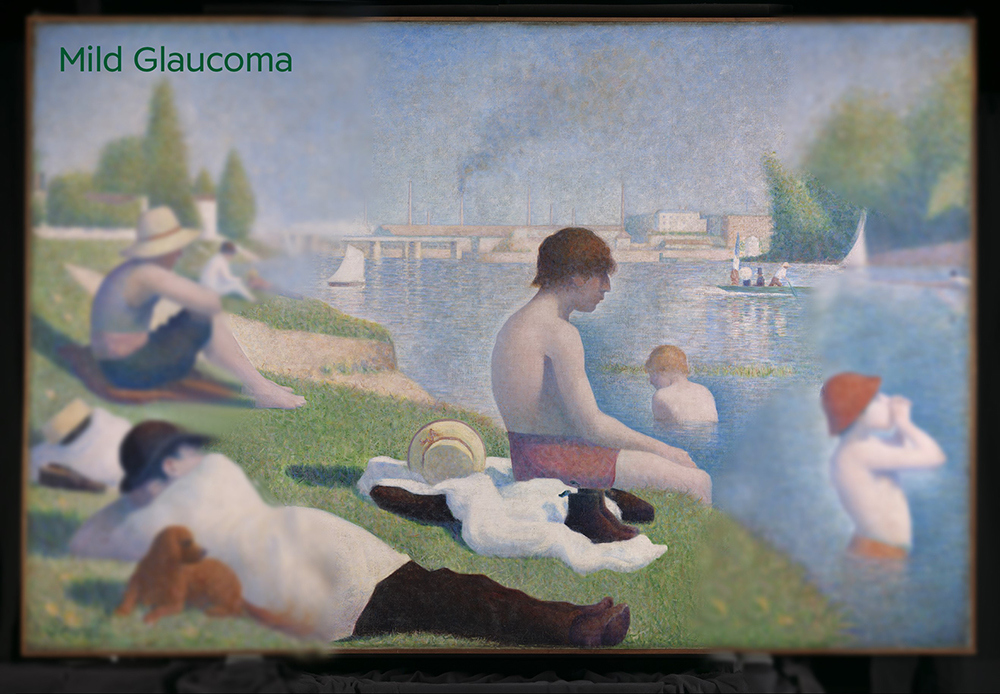
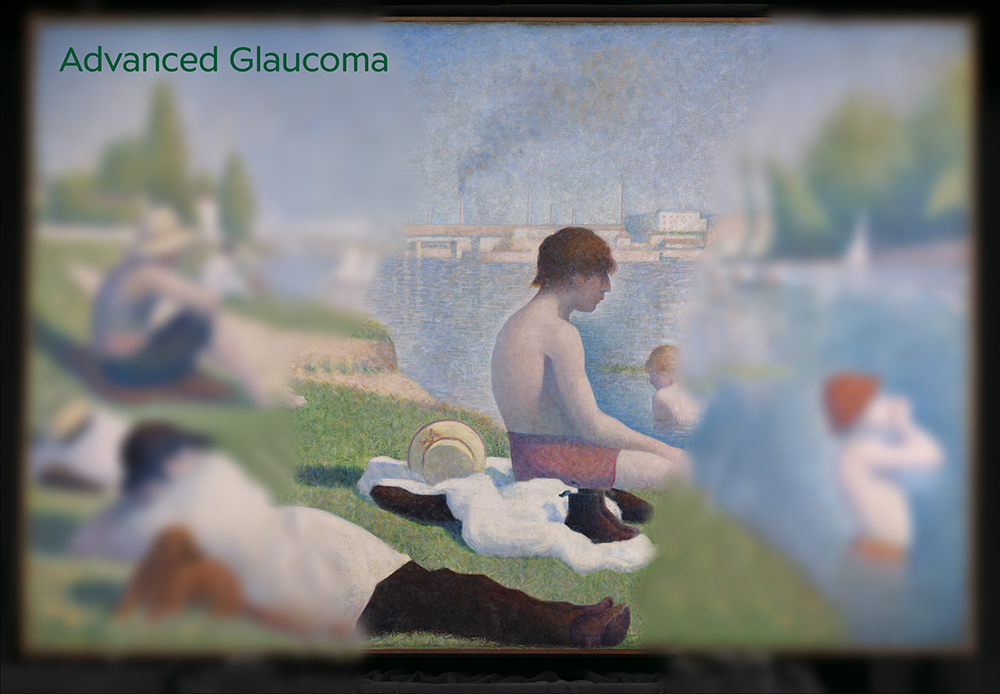
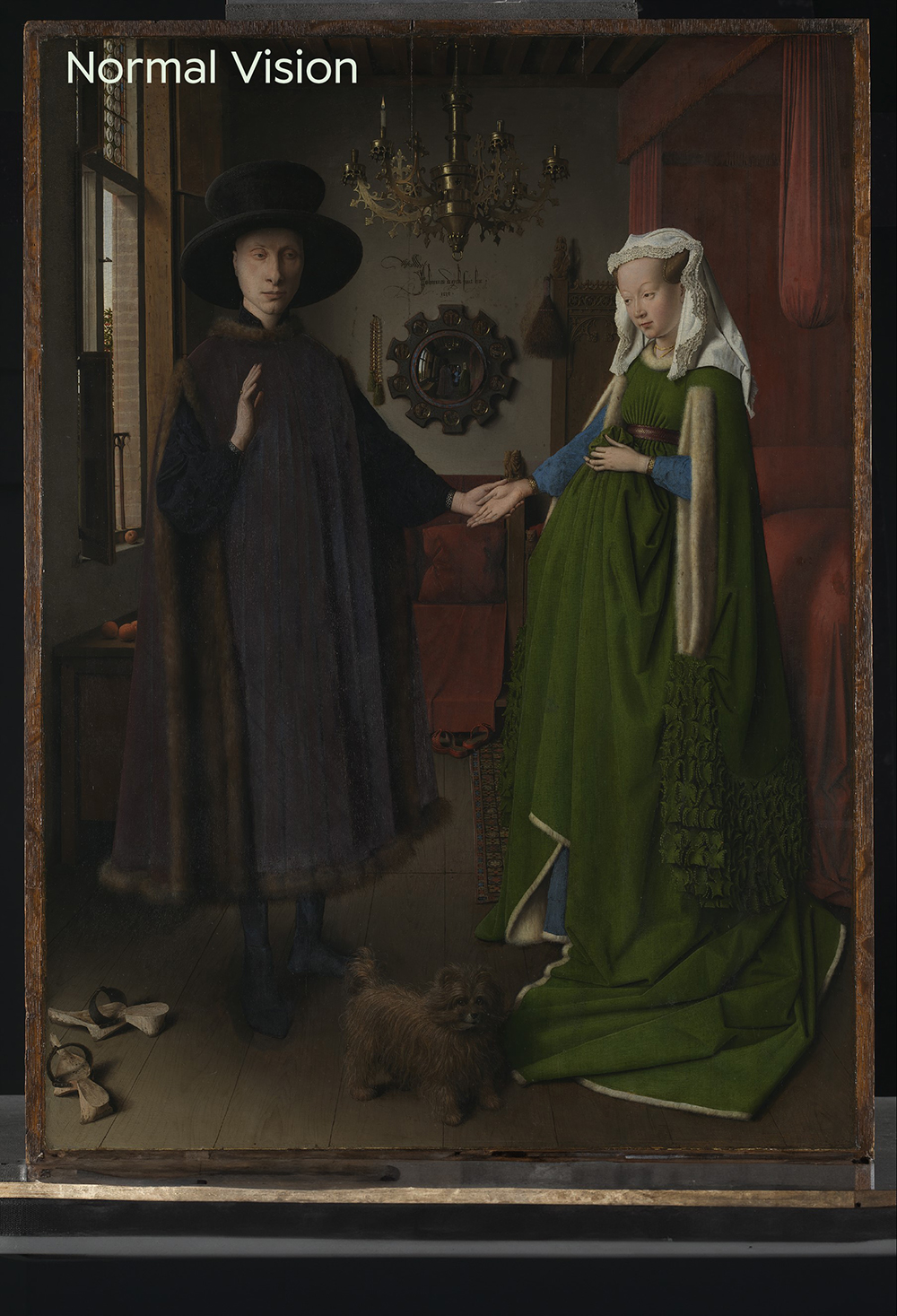
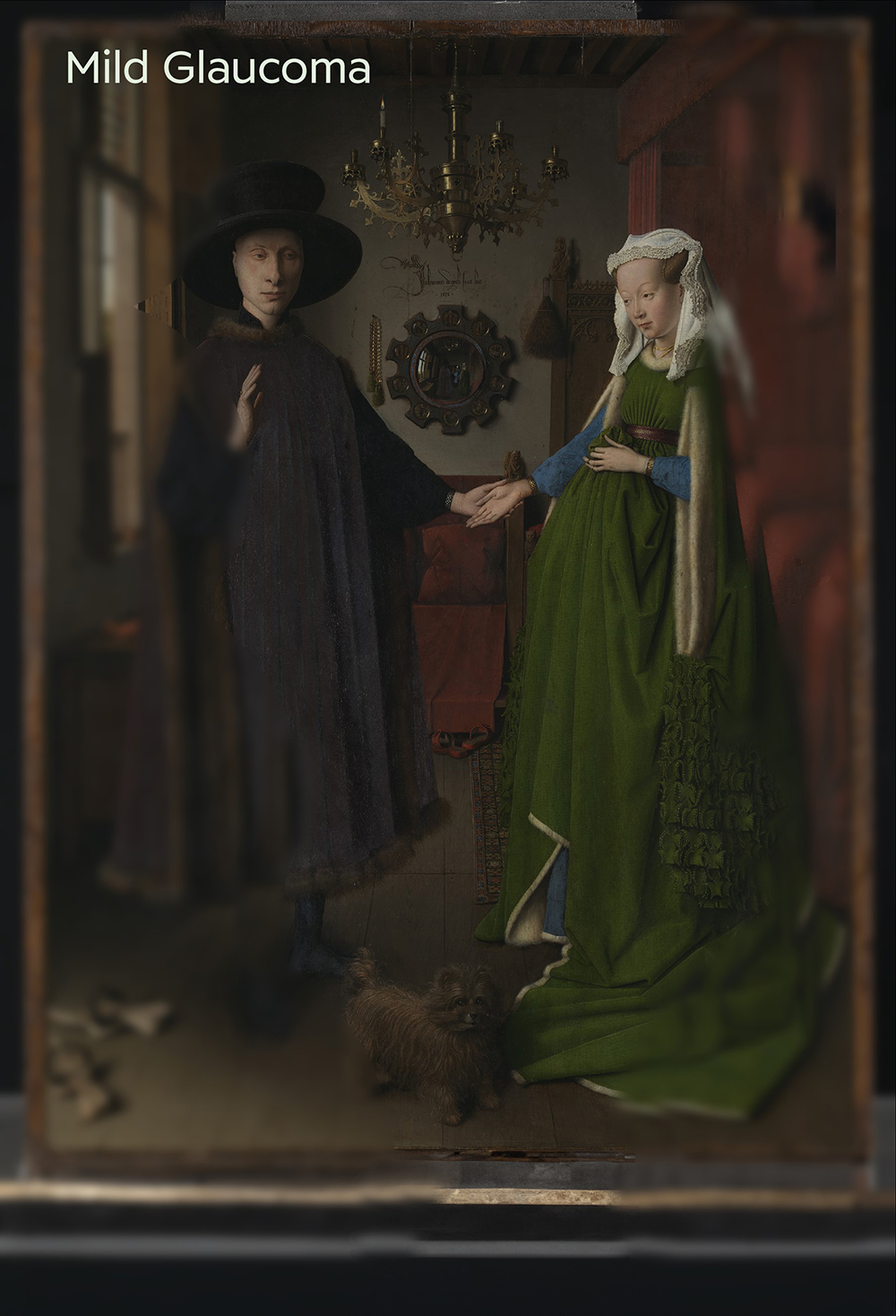
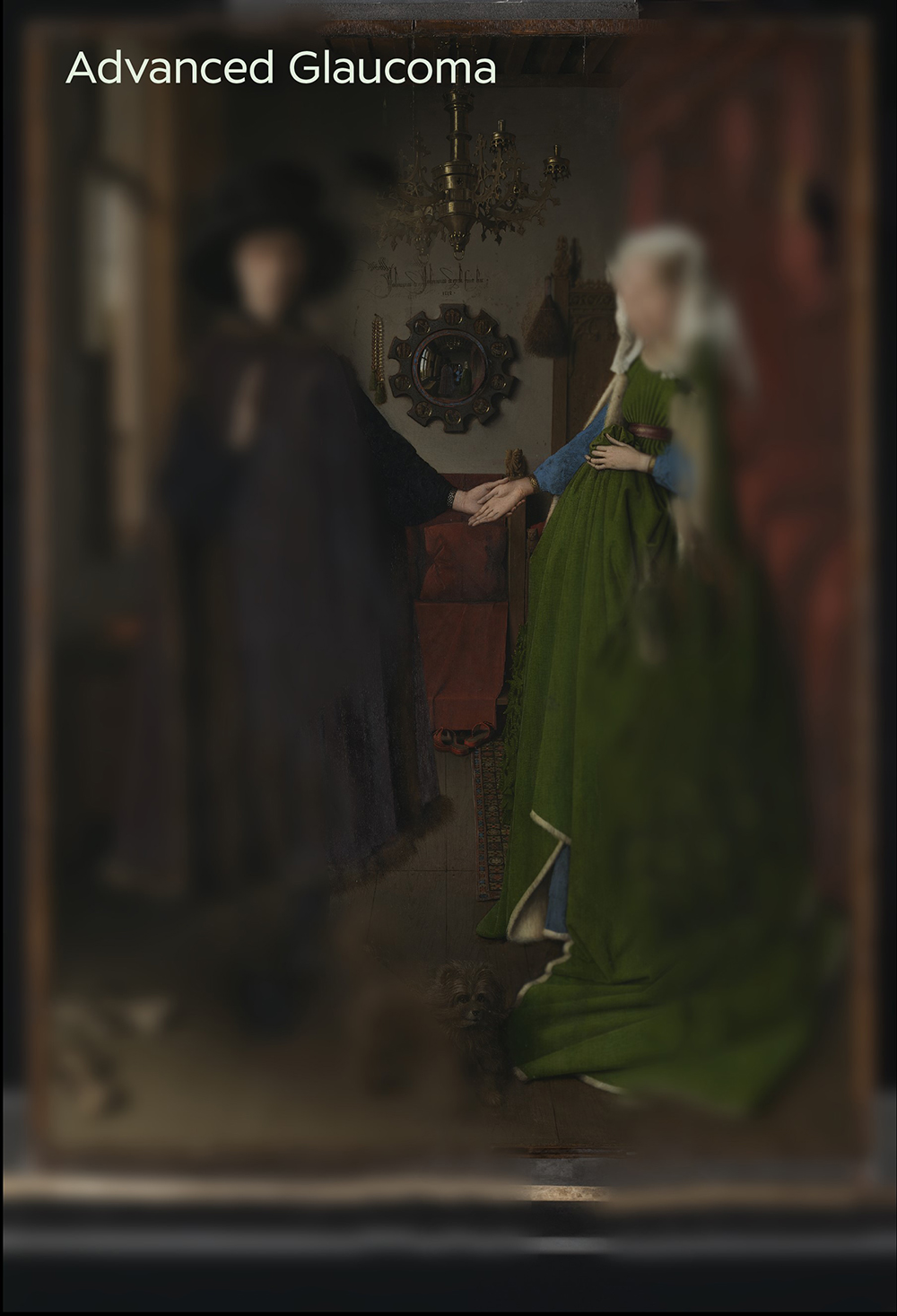
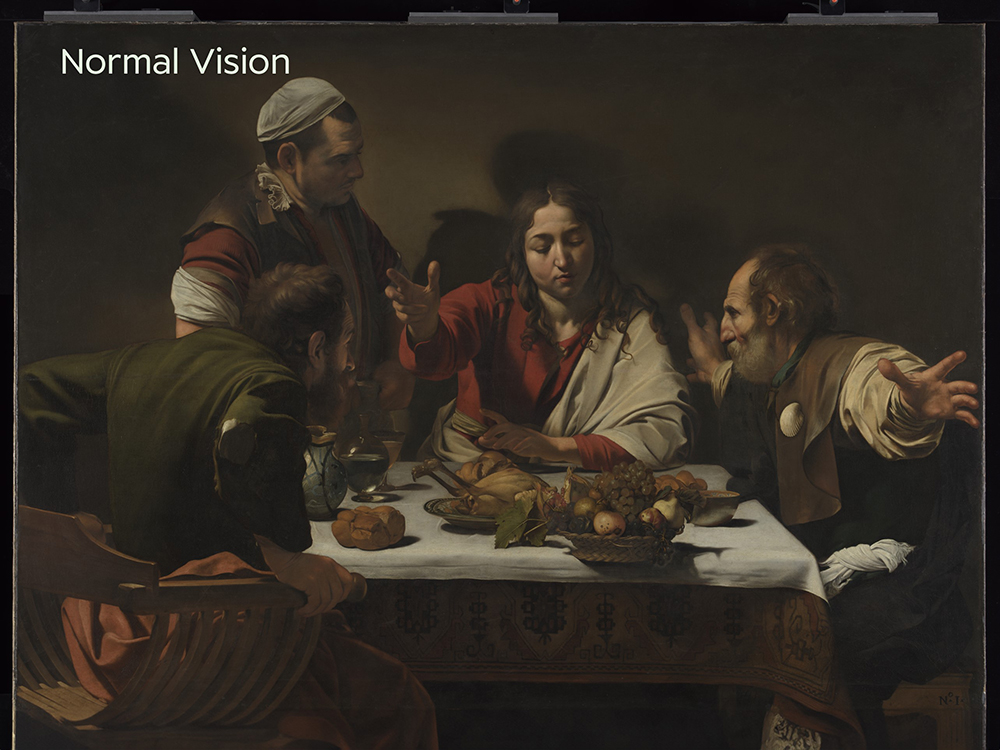
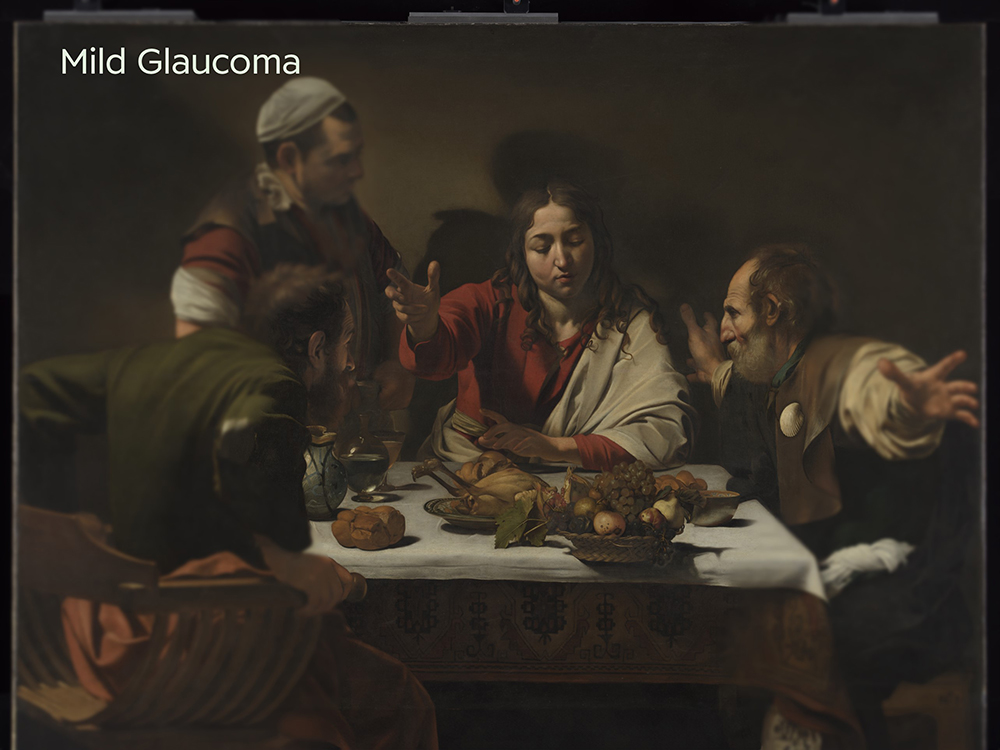
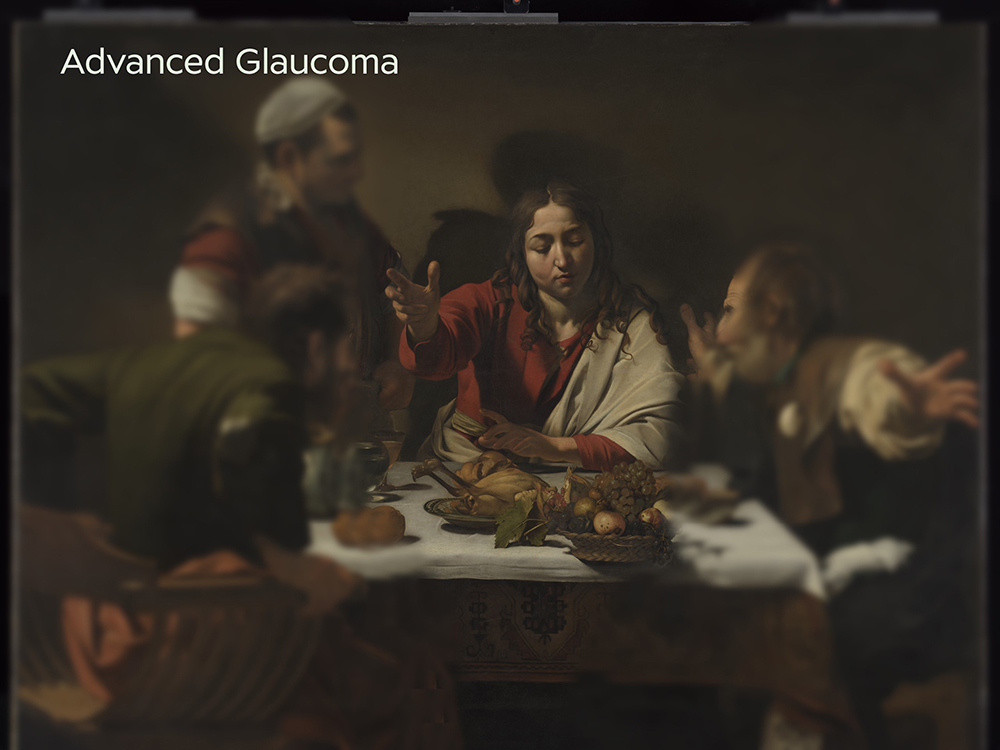
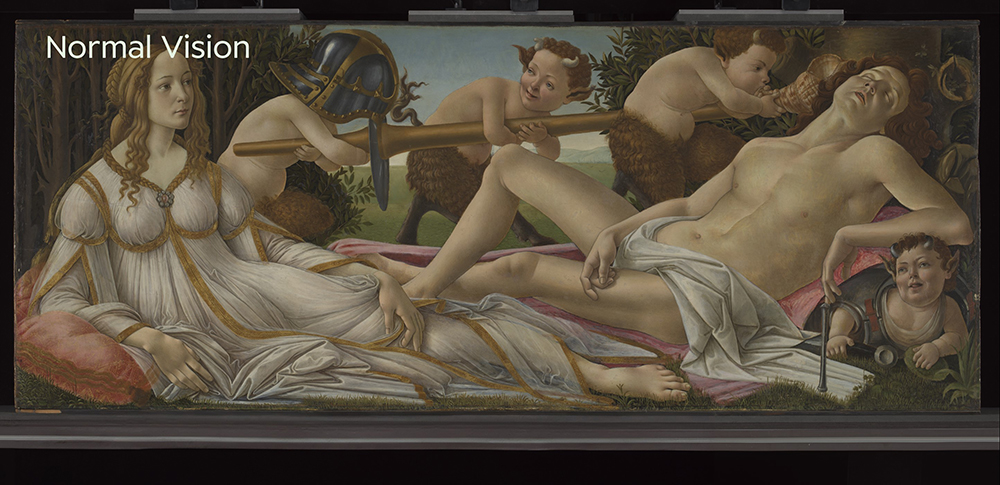
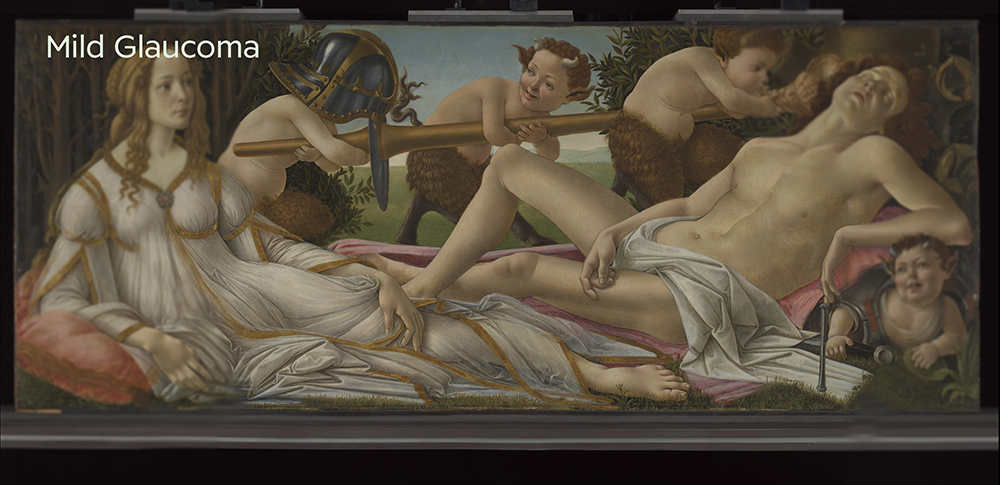
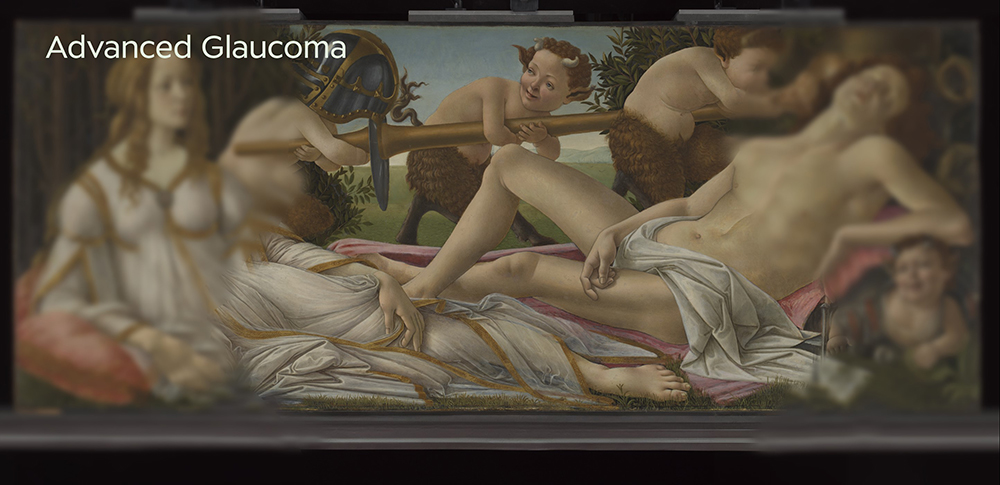
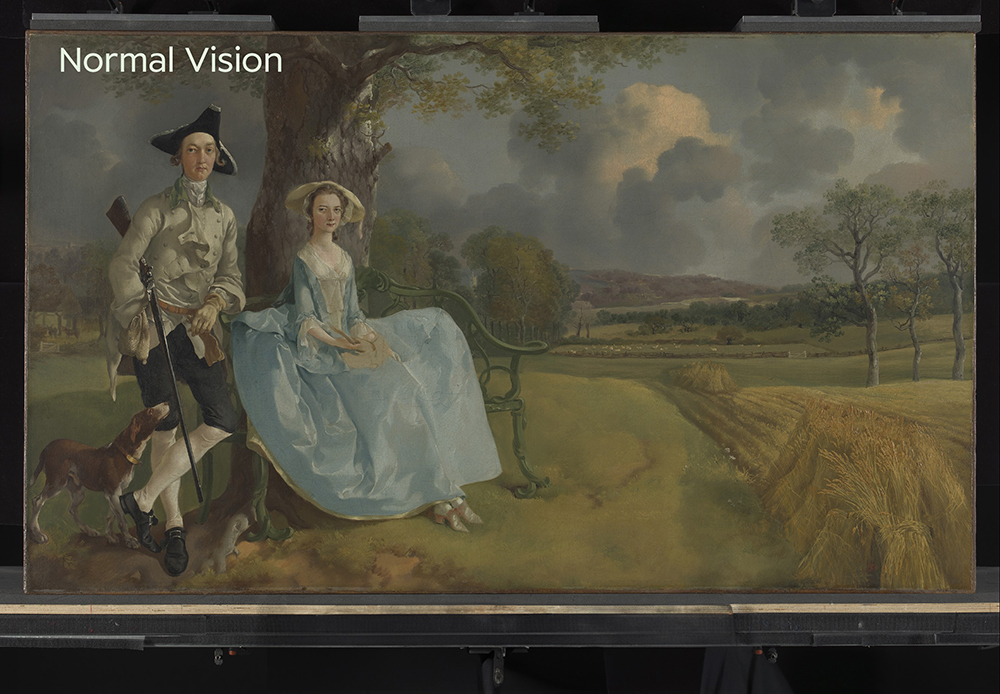
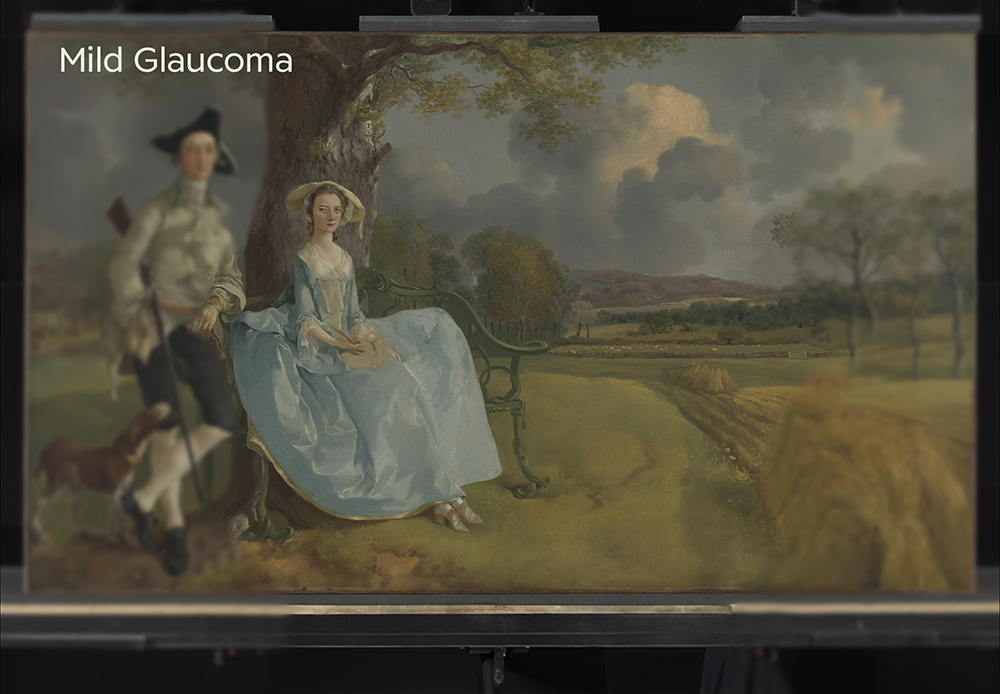
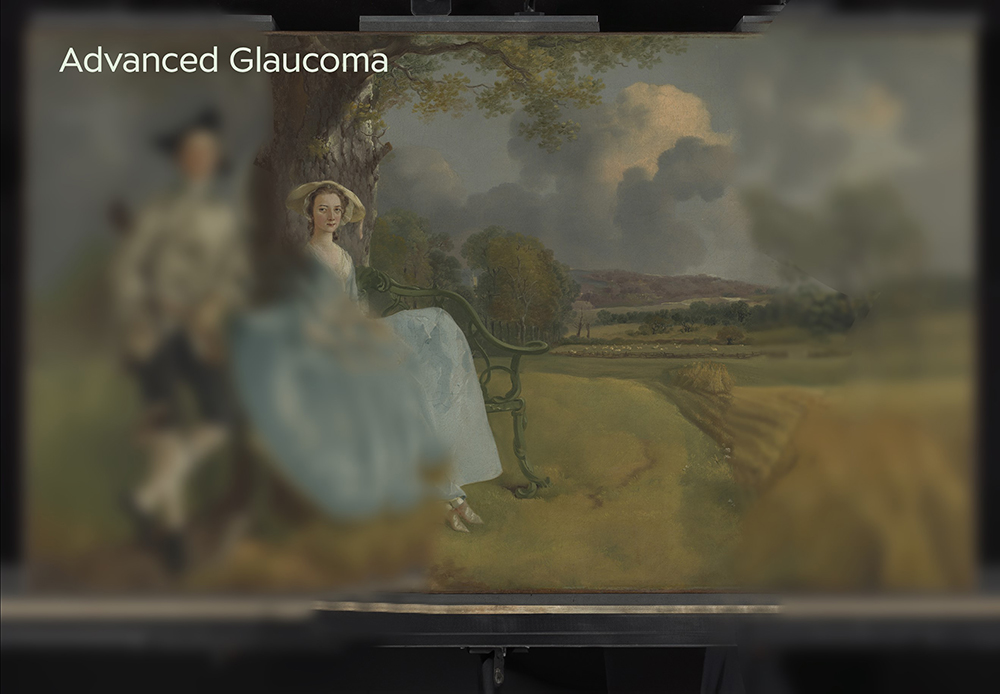
Comments (0)
You must be logged in to join the discussion. Log in